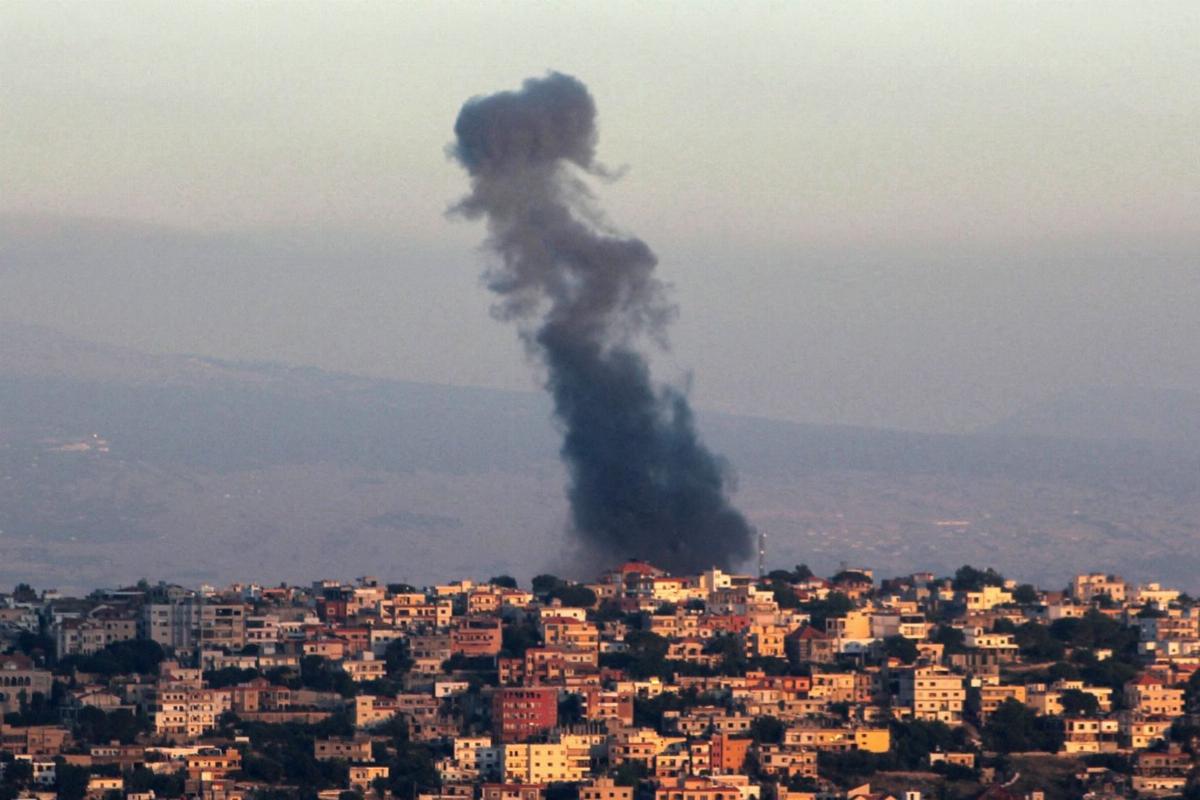
Lebanese lecturer discusses Hezbollah's response to Israel's actions
In light of the escalating tensions between Israel and Hezbollah, DW interviewed Makram Rabah, a lecturer in history at the American University in Beirut. Rabah observed that Israeli military operations have intensified, indicating an effort to compel Hezbollah to accept defeat. He expressed concern that Hezbollah may not fully grasp the seriousness of the current situation.
Rabah noted that Hezbollah appears to rely on the belief that the international community will intervene to halt Israeli attacks, while simultaneously attempting to delay any resolution. He acknowledged that Hezbollah has the capability to disrupt life in northern Israeli cities but questioned their ability to protect the population of Lebanon, particularly the Shiite communities in the south.
He further emphasized the limitations of the Lebanese government, describing it as a caretaker administration without an elected president. According to Rabah, Prime Minister Najib Mikati operates under significant external influence, with decisions regarding war and peace largely dictated by Iran rather than Hezbollah itself.
Regarding the broader implications of the conflict, Rabah expressed concern that Israel may be attempting to involve Iran, which could have detrimental effects on regional and global stability.
Quellen







